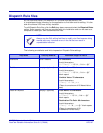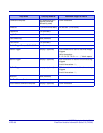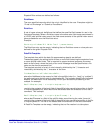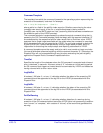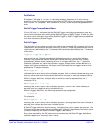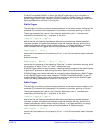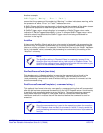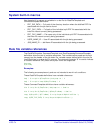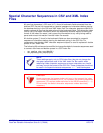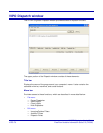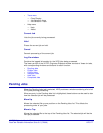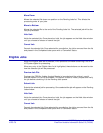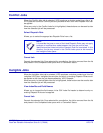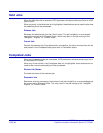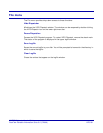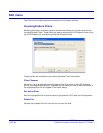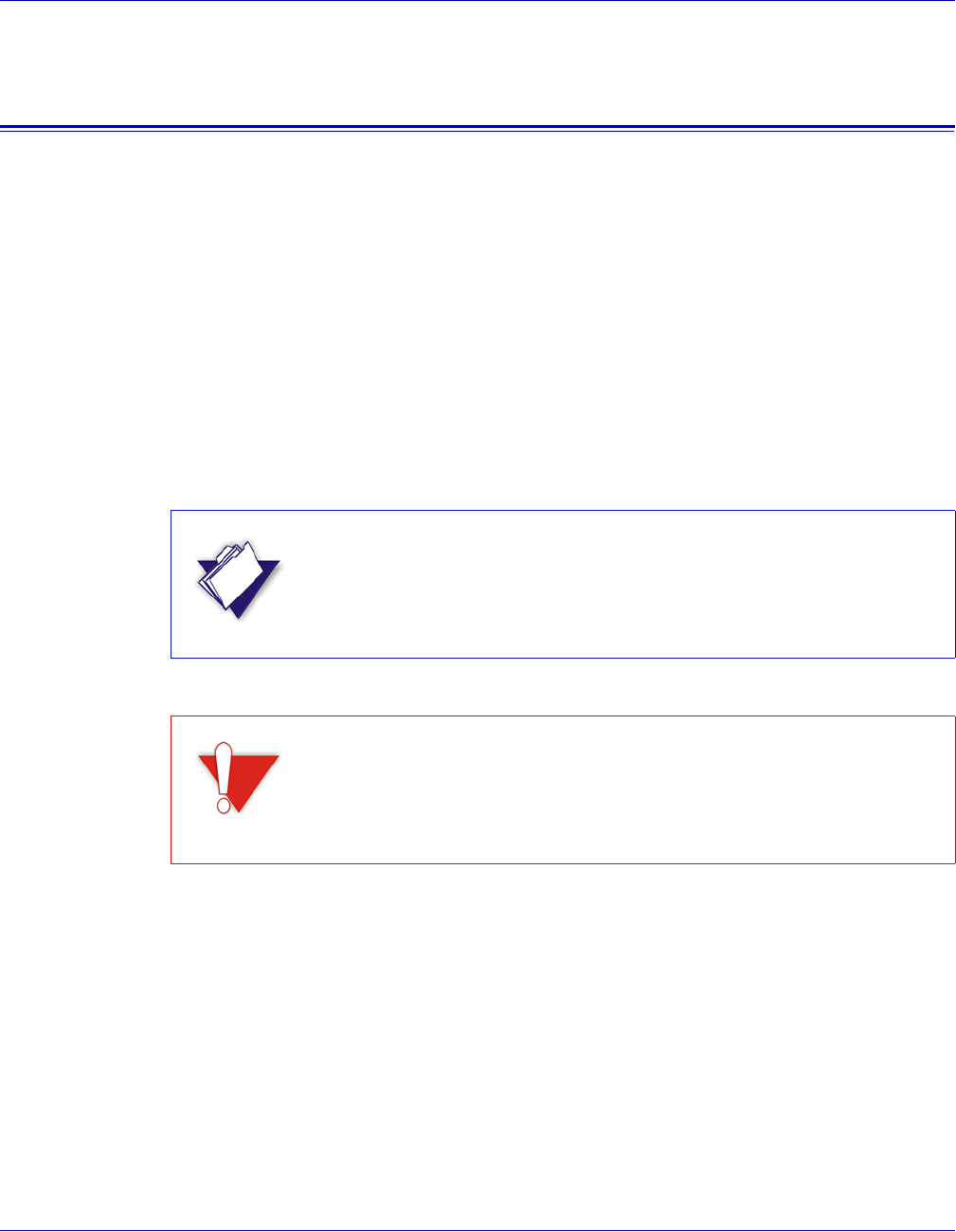
VI PDF Originator User’s Guide
FreeFlow Variable Information Suite 5.0 (7/2006) VIPO-75
Special Character Sequences in CSV and XML Index
Files
All new line characters (<CR> and <LF>) found in bookmark fields extracted from the
distilled PDF file are first converted to a special sequence of characters before placing
the bookmark string in the CSV and XML index files.The character sequence 
 is
used to replace all new line characters found in the bookmark fields. This allows the index
files to carry line break information within the bookmark contents without breaking the
format of the index file record, and to pass the information to any utility being used to
parse and extract information from the index file records.
All double quotes (") found in the bookmark fields are also converted to a special
sequence of characters before placing the bookmark string in the CSV file. For
consistency, the standard XML character sequence " is used to replace all double
quotes in CSV index files.
The following INI entries can be modified to change the default character sequences used
to convert new lines and double quotes in a CSV index file:
• csv_newline_char_seq=(
)
• csv_dquotes_char_seq=(")
NOTE
These settings apply only to CSV index files; they do not change the
character sequences used in the XML index file. Be careful when
redefining these character sequences as some characters are invalid
and may corrupt the format of the CSV file. These characters should not
be used in the special character sequences: < > ' " and blank space.
CAUTION
Some sequences that appear to be valid may in fact prevent the index
file from being processed by VIPP. For instance, the following sequence
appears as if it is a place holder delimiter for the VSUB command: [=...=].
Do not modify the default character sequences unless absolutely
necessary.



